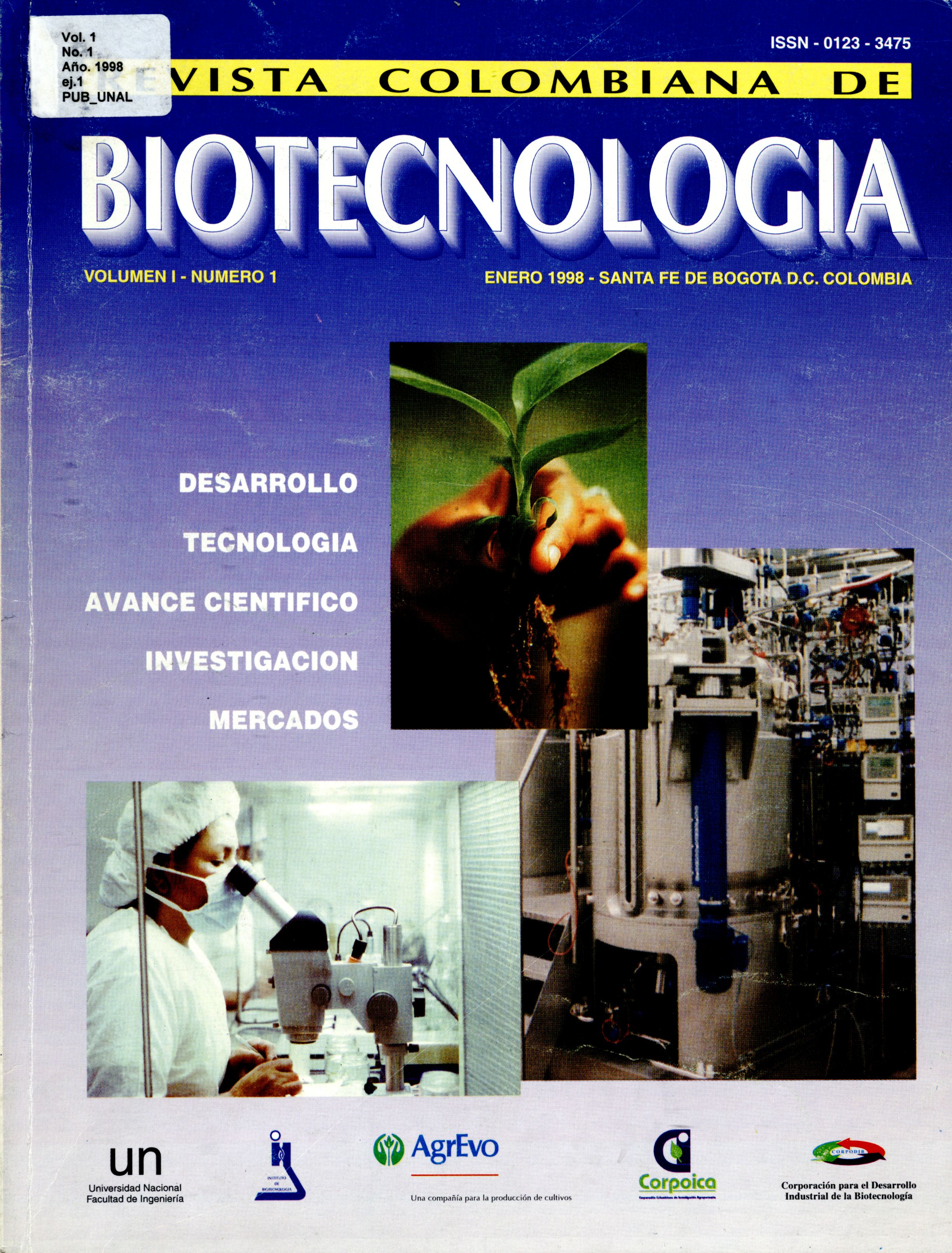Bacillus thuringiensis: legado para el siglo XXI
Bacillus thuringiensis: the legacy to the XXI century
Palabras clave:
Biopesticidas, control biológico, endotoxinas, resistencia, Bacillus thuringiensis (es)Biopesticides, biological control, endotoxins, resistance, Bacillus thuringiensis (en)
Descargas
Los insecticidas basados en la bacteria Bacillus thuringiensis son el principal renglón productivo del mercado mundial de biopesticidas. La investigación dedicada a esta área, promovida por la urgente necesidad de resolver problemas agrícolas y de salud pública, ha dado lugar a un conocimiento exhaustivo de su biología. La diversidad de cepas diferentes de B. thuringiensis ha permitido desarrollar productos principalmente, pero no exclusivamente, para el control de insectos. Con los nuevos desarrollos de la biología molecular, se ha logrado comprender su mecanismo de acción a nivel molecular y también se ha logrado extender sus capacidades entomopatógenas. Como producto de su amplio uso en muchos países, se han presentado casos de resistencia en poblaciones de insectos susceptibles. Con esta revisión se pretende elaborar un contexto teórico del estado actual de la investigación sobre B. thuringiensis, describiendo brevemente el conocimiento sobre esta bacteria, haciendo hincapié en los fenómenos biológicos que subyacen su actividad tóxica y la problemática que se avecina en el próximo siglo con los fenómenos de resistencia cada vez más comunes, todo esto analizado desde una perspectiva biotecnológica.
Cómo citar
APA
ACM
ACS
ABNT
Chicago
Harvard
IEEE
MLA
Turabian
Vancouver
Descargar cita
Visitas a la página del resumen del artículo
Descargas
Licencia
Derechos de autor 1998 Revista Colombiana de Biotecnología

Esta obra está bajo una licencia internacional Creative Commons Atribución 4.0.
Esta es una revista de acceso abierto distribuida bajo los términos de la Licencia Creative Commons Atribución 4.0 Internacional (CC BY). Se permite el uso, distribución o reproducción en otros medios, siempre que se citen el autor(es) original y la revista, de conformidad con la práctica académica aceptada. El uso, distribución o reproducción está permitido desde que cumpla con estos términos.
Todo artículo sometido a la Revista debe estar acompañado de la carta de originalidad. DESCARGAR AQUI (español) (inglés).


















